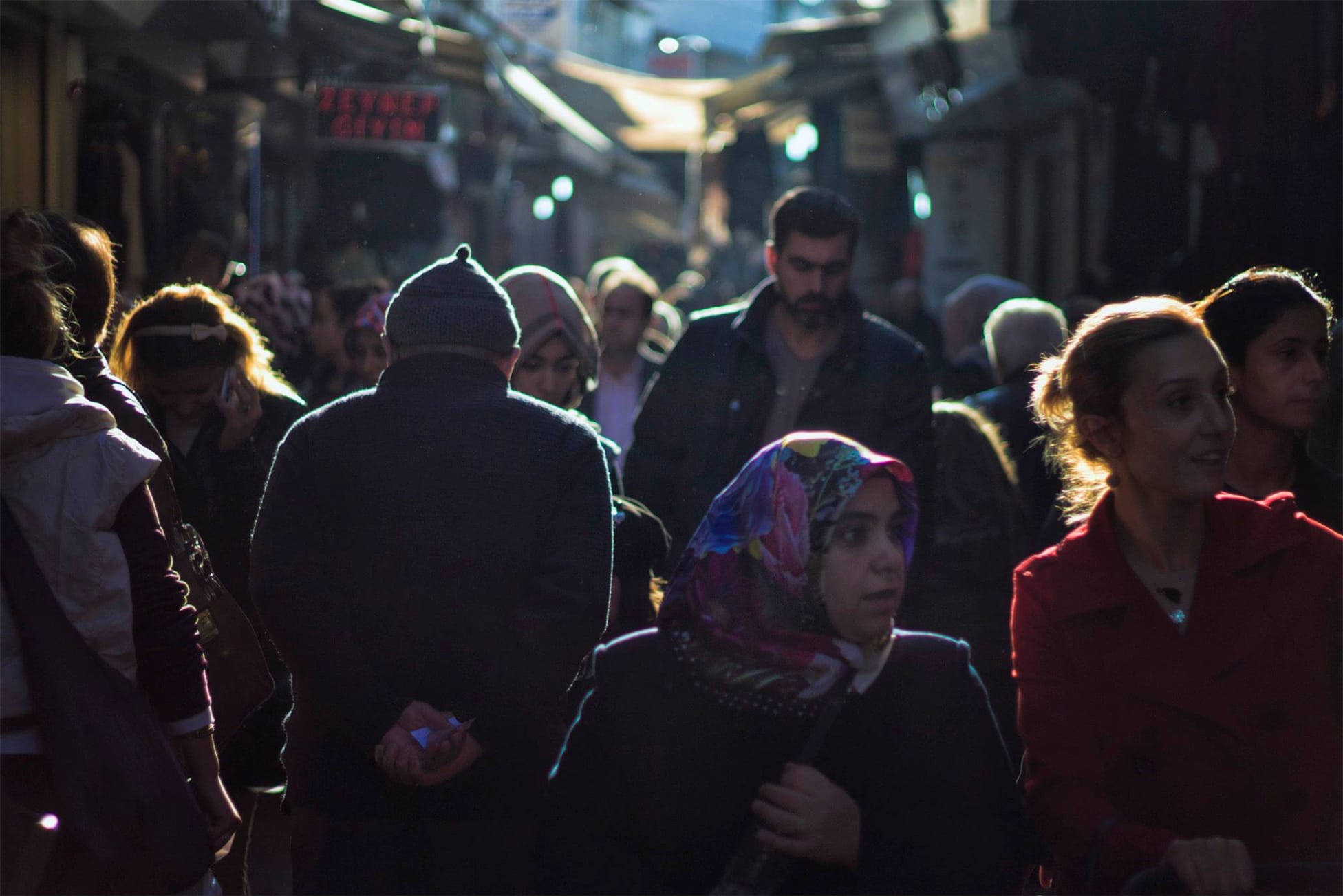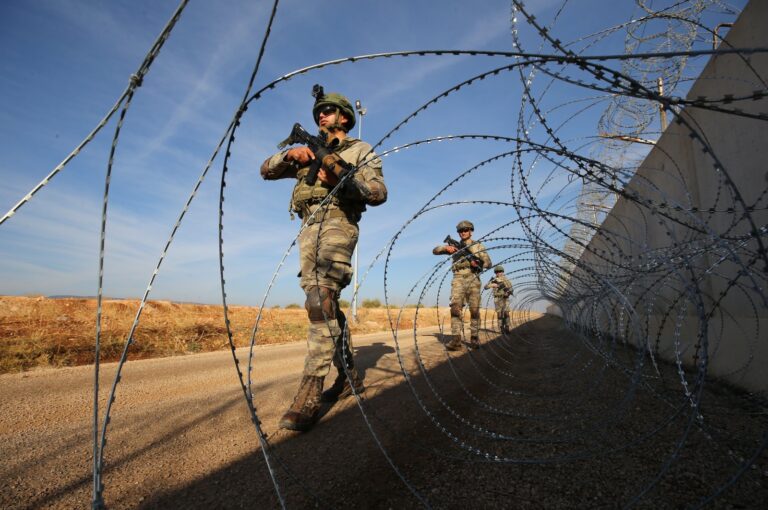Musharraf Qosimova has worked as a cleaner and babysitter for a young family in the resort city of Antalya since moving to Turkey in search of a better income nearly seven years ago.
Wages are low and jobs are hard to come by in Qosimova’s home city of Dushanbe, the Tajik capital, where she worked as a hospital receptionist.
“I came to Turkey with my cousin, who is an Uzbek citizen and knows many Uzbek families in Turkey. We found jobs and a place to live through their friends,” Qosimova said. “We’re happy, although it has become a lot more difficult to live here with prices going up for almost everything.”
A Top Destination
Hundreds of thousands of Central Asians, including many women, work in Turkey, which has become the third-most-popular migrant destination for them after Russia and Kazakhstan.
Figures released by the Uzbek Labor Ministry show that nearly 145,000 Uzbek migrants worked in Turkey in the first quarter of this year. It amounted to more than 6 percent of some 2.4 million Uzbeks working abroad.
Some 30,000 migrants from Kyrgyzstan work in Turkey and, with an estimated force of some 230,000, Turkmen make up the largest Central Asian community in Turkey.
According to Turkish government figures, nearly 120,000 Turkmen citizens living in Turkey have obtained Turkish residency permits and about 95,000 others have short-term visas.
The real number of Central Asian migrants in Turkey is thought to be much higher, as many work in Turkey illegally with expired visas.Turkey Cancels Visa-Free Travel For Turkmen Citizens At Ashgabat’s Request
Some Turkmen in Turkey don’t have valid national passports, as the repressive government in Ashgabat doesn’t allow its embassies to renew citizens’ expired or lost documents.
‘Shrinking Lira’
Migrants have been hit hard by the financial crisis Turkey has faced since 2018. Inflation in Turkey has since climbed to above 80 percent, a mark not reached in more than two decades.
Prices for consumer goods have seen unprecedented hikes. The exodus of well-to-do Russians following the Kremlin’s war in Ukraine and military mobilization — many of them moving to Turkey — drove the already rising prices in the housing sector in Antalya and several other Turkish cities even higher in recent months.
The collapse in the value of the national currency, the lira, means less remittance money for migrants’ families back home. “I receive my wages in lira and exchange my money into dollars to send home,” Qosimova said. “The lira has been shrinking fast.”
Despite the financial turmoil, however, many Central Asian migrants say they’re not planning to leave Turkey. The harsh reality is they don’t have many better options to choose from.
Russia remains the top host country for workers from the former Soviet region, but it has lost its appeal since Moscow’s February invasion of Ukraine. Many migrants are wary of the economic uncertainty in Russia as international sanctions continue to bite and many men fear the possibility of being sent to war if they remain there
Tricks, Threats, Tragedy: Central Asian Migrants Targeted In Russian Military Mobilization
A limited number of Central Asians have found seasonal jobs in Britain in recent years, while others have managed to get into the European Union and the United States.
But many Western countries — already struggling with high numbers of migrants from other parts of the world — are not keen to accept more.
Poverty At Home
With chronic unemployment and miserable wages in Central Asia, going back to their home countries is not a desirable option. Many of the households in Kyrgyzstan, Tajikistan, and Uzbekistan depend almost entirely on remittances.
Saadat Omurbekova, a former teacher from Kyrgyzstan, arrived in Turkey four years ago looking for better employment opportunities. Omurbekova worked as a caregiver for the elderly and sick for three years before finding a job at a cafe in Antalya.
“In Kyrgyzstan, I worked according to my profession, but my salary was very low. I needed to pay for my children’s education, so I left my job and moved to Turkey to make more money,” she told RFE/RL.
Many Central Asian migrants in Turkey are women who work in private homes as caregivers, maids, and babysitters all over the country. Some work in the hospitality and services sectors while others have opened their own businesses — such as beauty salons or clothing shops — in big Turkish cities.
But working in Turkey has its own challenges, too.
Some women workers told RFE/RL they had experienced problems mostly due to their not knowing the Turkish language, the country’s laws, and their own rights.
Kyrgyz migrant worker Meerim Asharbek-kyzy says she was exploited by her former employer, a Turkish family, when she first arrived in Istanbul four years ago. “They forced me to work until late at night. I did everything they demanded,” she said. “I didn’t speak Turkish and couldn’t tell them what I wanted. For example, I couldn’t tell them I should only work from this time to this time.”
In the end, Asharbek-kyzy quit her job and returned to Kyrgyzstan. But after not finding a good job at home, she decided to give Turkey another try. She now works as a maid for a family in Istanbul who she says treat her “like their own daughter.”
One Central Asian worker in Turkey warned that migrants — especially women planning to go to Turkey for work — should never trust dubious job ads and only go there if they have reliable employment offers or reliable contacts in Turkey.
Source : RadioFreeEuropeRadioLiberty








